16 GPTs for Legal Preparation Powered by AI for Free of 2026
AI GPTs for Legal Preparation refer to specialized versions of Generative Pre-trained Transformers that are tailored for tasks within the legal field. These tools leverage advanced natural language processing (NLP) to understand, generate, and process legal texts, making them highly relevant for drafting documents, legal research, and case preparation. Their adaptability allows them to cater to various aspects of legal work, providing bespoke solutions that improve efficiency and accuracy in legal tasks.
Top 10 GPTs for Legal Preparation are: Ask a BC Assessment Appeals Expert,PI Expert - JLA LAW GROUP,Prison Prep Guide,偵訊模擬系統:李組長在此,Assistente de Audiência Judicial,Oilfield Injury Attorney Houston [Start Here],ME Legal Companion,Courtroom Companion,Case Reader,Petition to Revoke Hearing Question Generator
Ask a BC Assessment Appeals Expert
AI-Powered Expertise for Property Assessment Appeals

PI Expert - JLA LAW GROUP
Empowering Personal Injury Insights
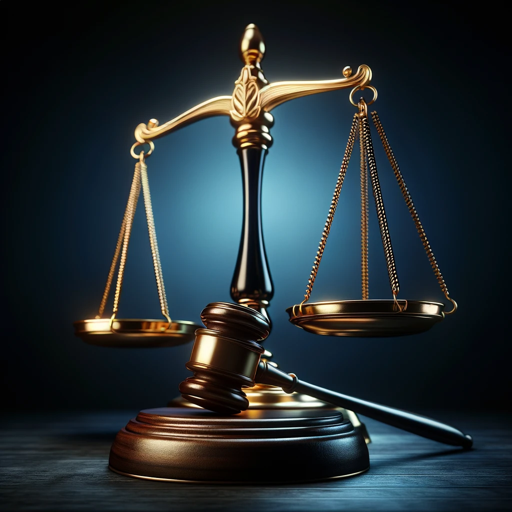
Prison Prep Guide
Empowering your journey through federal sentencing with AI.
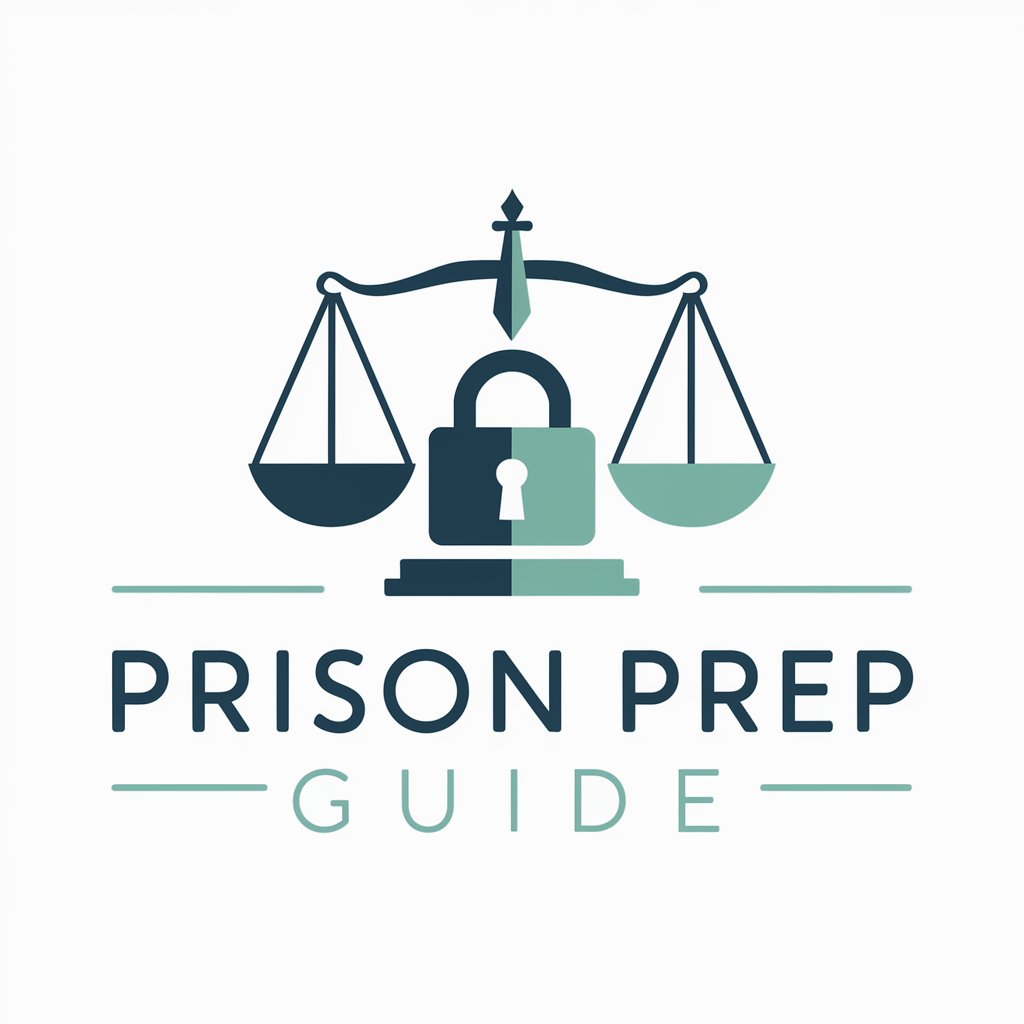
偵訊模擬系統:李組長在此
Master your responses with AI guidance

Assistente de Audiência Judicial
AI-powered guidance for judicial hearings
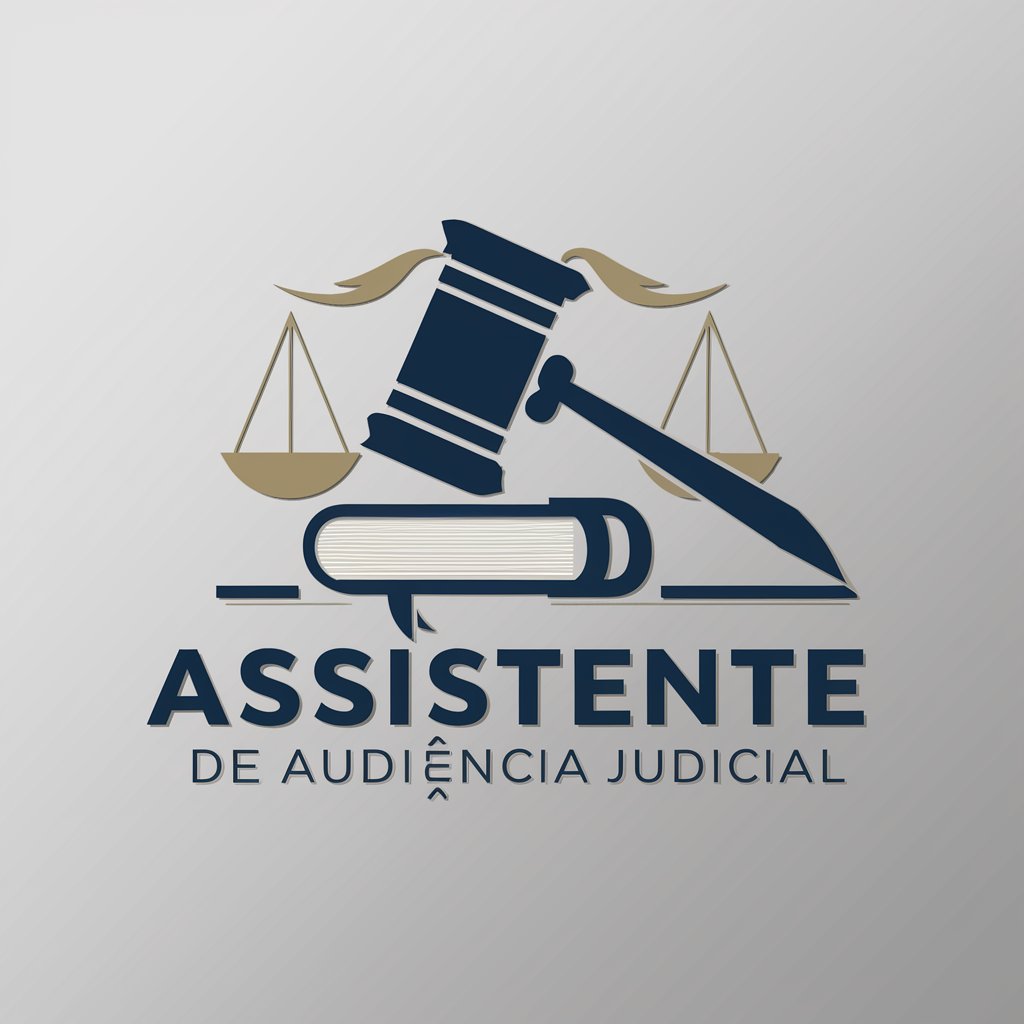
Oilfield Injury Attorney Houston [Start Here]
Empowering Your Legal Journey with AI
![Oilfield Injury Attorney Houston [Start Here] in GPT Store](https://r2.erweima.ai/i/H27YE6roRqOyn3Oa96eJOQ.png)
ME Legal Companion
Navigating Maine's Legal System, Powered by AI

Courtroom Companion
AI-powered courtroom preparation tool
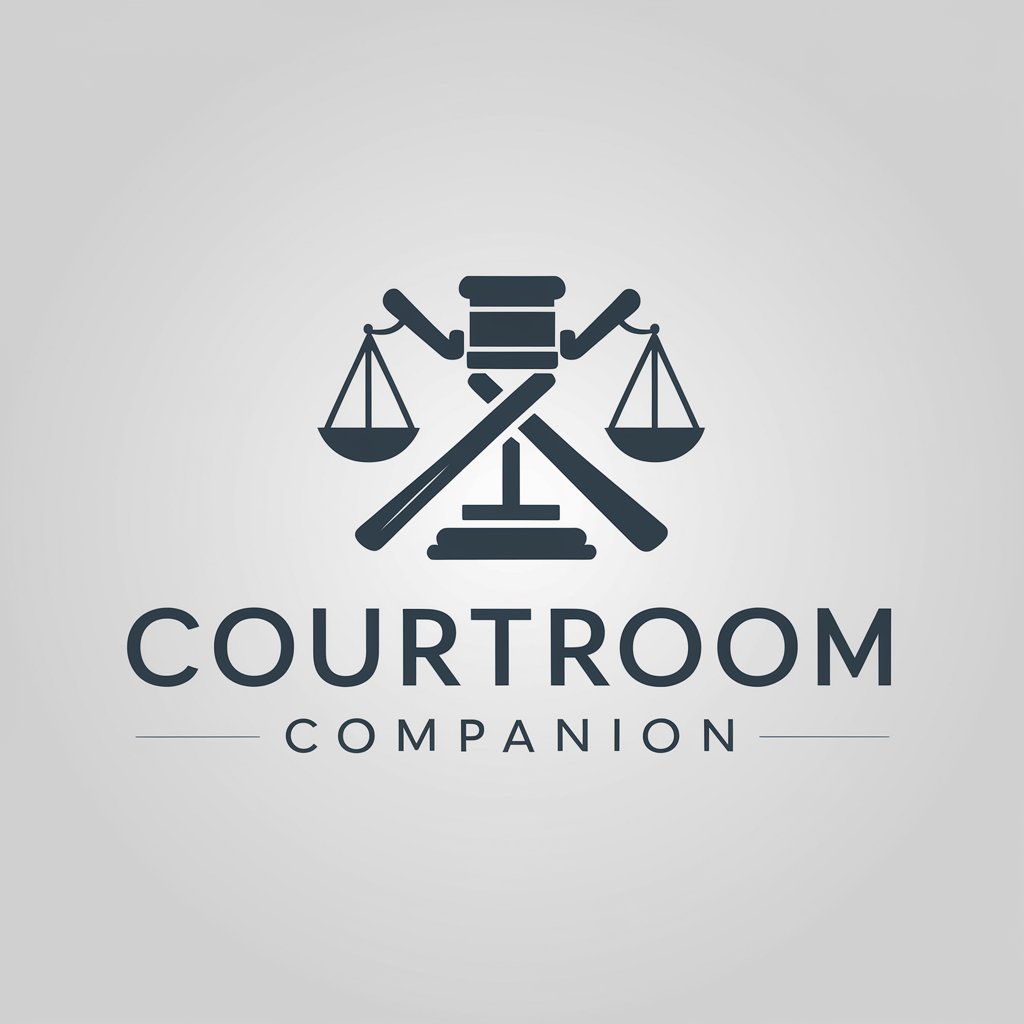
Case Reader
AI-Powered Legal Judgment Analysis
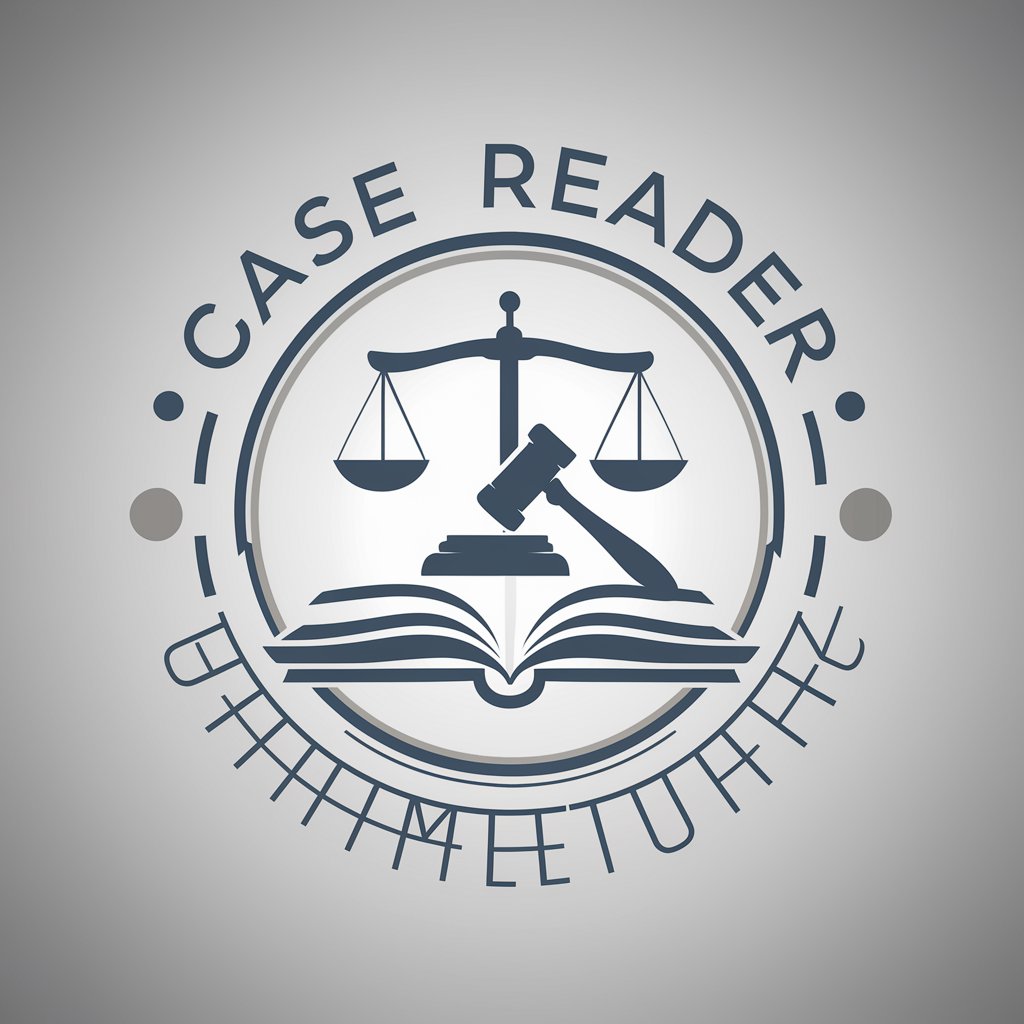
Petition to Revoke Hearing Question Generator
Streamlining Legal Inquiry with AI

Shelter Care Hearing Prepping Assistant
Streamlining Shelter Care Hearings with AI

Case Planner
Empowering Tenants with AI-driven Legal Case Preparation

Patent Pathfinder
Transforming Ideas into Unique Patents
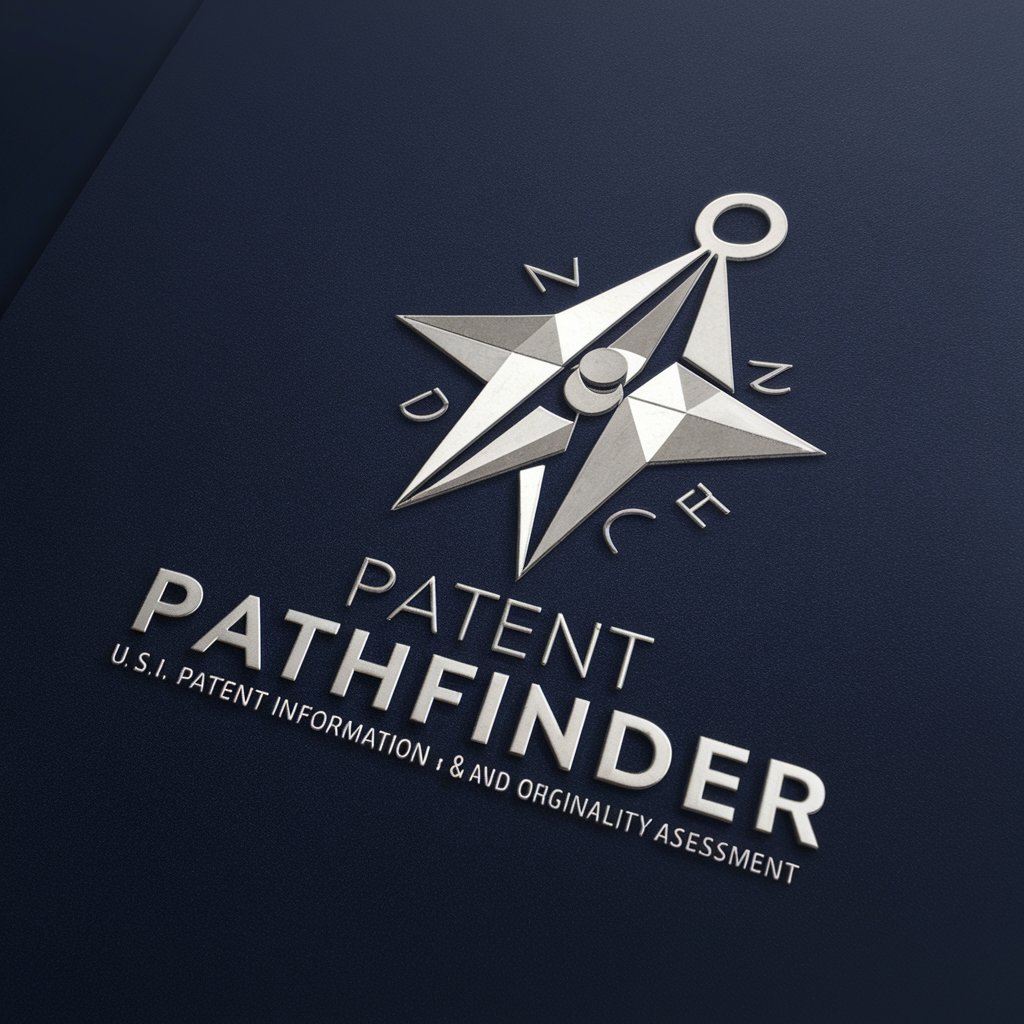
Immigration Consultations
Streamlining Immigration with AI
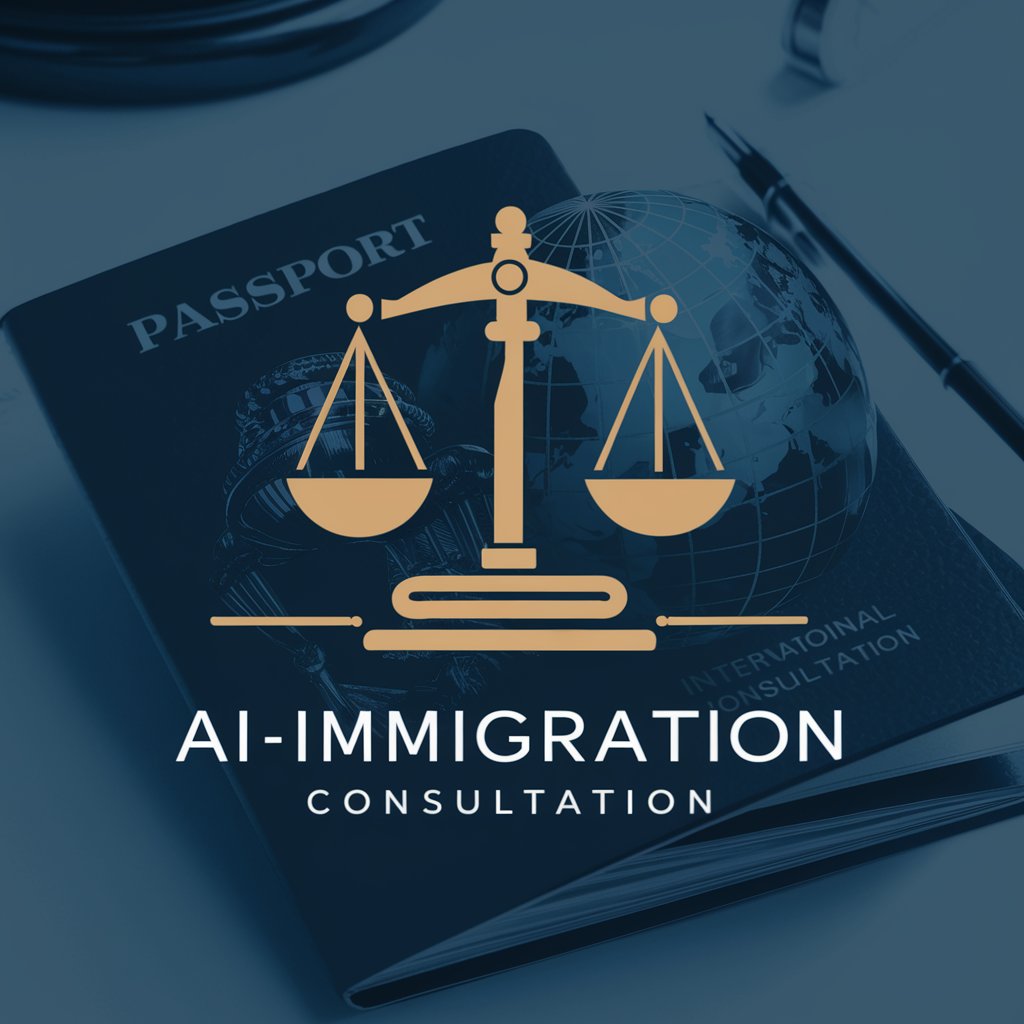
Patent Pal
Transforming Ideas into Patents with AI
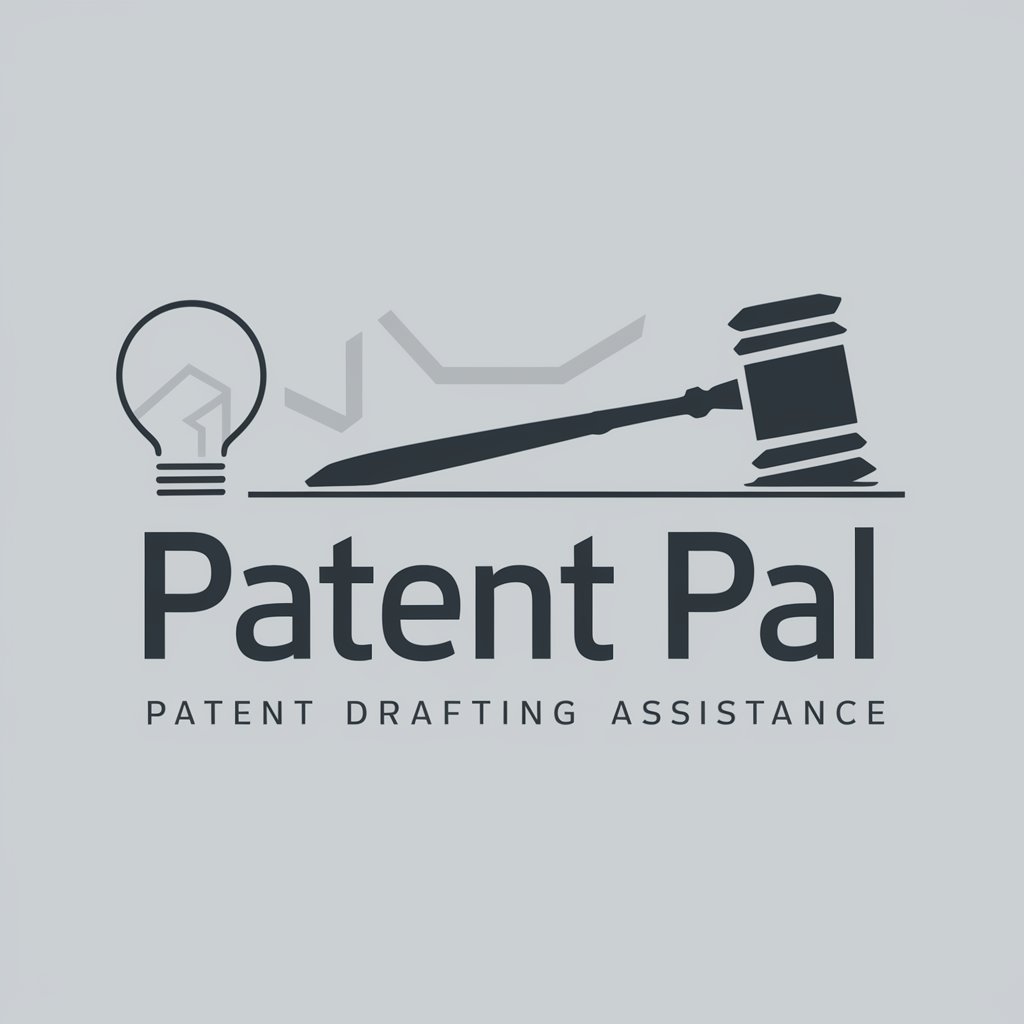
Family Law Guide Australia
Navigate Family Law with AI Assistance

Key Attributes and Functions
AI GPTs for Legal Preparation exhibit unique features such as high adaptability to different legal contexts, the ability to learn from legal documents, and the provision of technical support for legal analysis. They can perform a wide range of tasks from simple document generation to complex legal research, providing tailored advice based on vast databases of legal information. Special features include the capability to understand legal jargon, generate relevant legal documents, and offer insights on legal precedents.
Intended Users of Legal AI Tools
These AI tools are designed for a wide array of users within the legal sector, including law students, legal practitioners, and legal analysts. They are accessible to novices without coding skills, offering user-friendly interfaces, while also providing deep customization options for developers and technologically adept professionals. This makes them a versatile asset in legal research, case preparation, and document drafting.
Try Our other AI GPTs tools for Free
Mental Readiness
Explore AI GPT tools for enhancing mental readiness, offering personalized support for stress management, mental resilience, and well-being through advanced AI technology.
Copyright Navigation
Discover how AI GPTs for Copyright Navigation can transform your content creation and management with tailored, AI-powered copyright guidance and solutions.
Privacy Guidelines
Discover AI GPTs for Privacy Guidelines: your AI-powered assistant for navigating privacy laws, generating compliance materials, and enhancing data protection practices with ease.
Civilization Management
Discover AI GPTs for Civilization Management: Innovating urban planning, governance, and sustainability with data-driven AI solutions.
Alien Ecosystems
Discover how AI GPTs for Alien Ecosystems revolutionize our understanding of extraterrestrial life through simulation, analysis, and imaginative exploration.
Societal Simulation
Explore AI GPT tools for Societal Simulation, offering predictive insights and scenario analysis to navigate complex social dynamics effectively.
Further Reflections on AI in the Legal Field
AI GPTs for Legal Preparation represent a significant advancement in legal technology, offering customizable solutions that fit seamlessly into various legal sectors. Their ability to process and generate legal content with high accuracy makes them indispensable tools for legal professionals. Moreover, their user-friendly interfaces ensure that they can be easily adopted into existing legal workflows, enhancing productivity and decision-making processes.
Frequently Asked Questions
What are AI GPTs for Legal Preparation?
AI GPTs for Legal Preparation are AI tools designed to assist in legal tasks using natural language processing to generate, understand, and analyze legal texts.
How can AI GPTs improve legal research?
They can quickly sift through extensive legal databases to find relevant case laws, statutes, and legal literature, significantly reducing research time.
Can these tools draft legal documents?
Yes, they can generate various legal documents, including contracts, pleadings, and legal briefs, by understanding and incorporating specific legal requirements and precedents.
Are AI GPTs for Legal Preparation accessible to those without coding skills?
Absolutely, they are designed with user-friendly interfaces that do not require programming knowledge, making them accessible to a broad audience.
Can developers customize these AI tools for specific legal tasks?
Yes, with programming skills, these tools can be further tailored to meet specific legal needs, enhancing their functionality and application in complex scenarios.
How do these AI tools handle legal terminology?
They are trained on a vast corpus of legal texts, enabling them to understand and use legal terminology accurately in context.
Are AI GPTs capable of providing legal advice?
While they can offer insights based on legal information, it's important to consult a licensed attorney for formal legal advice.
How can AI GPTs be integrated into existing legal workflows?
These tools can be integrated through APIs or custom software solutions, allowing them to complement and enhance current legal research and document management systems.